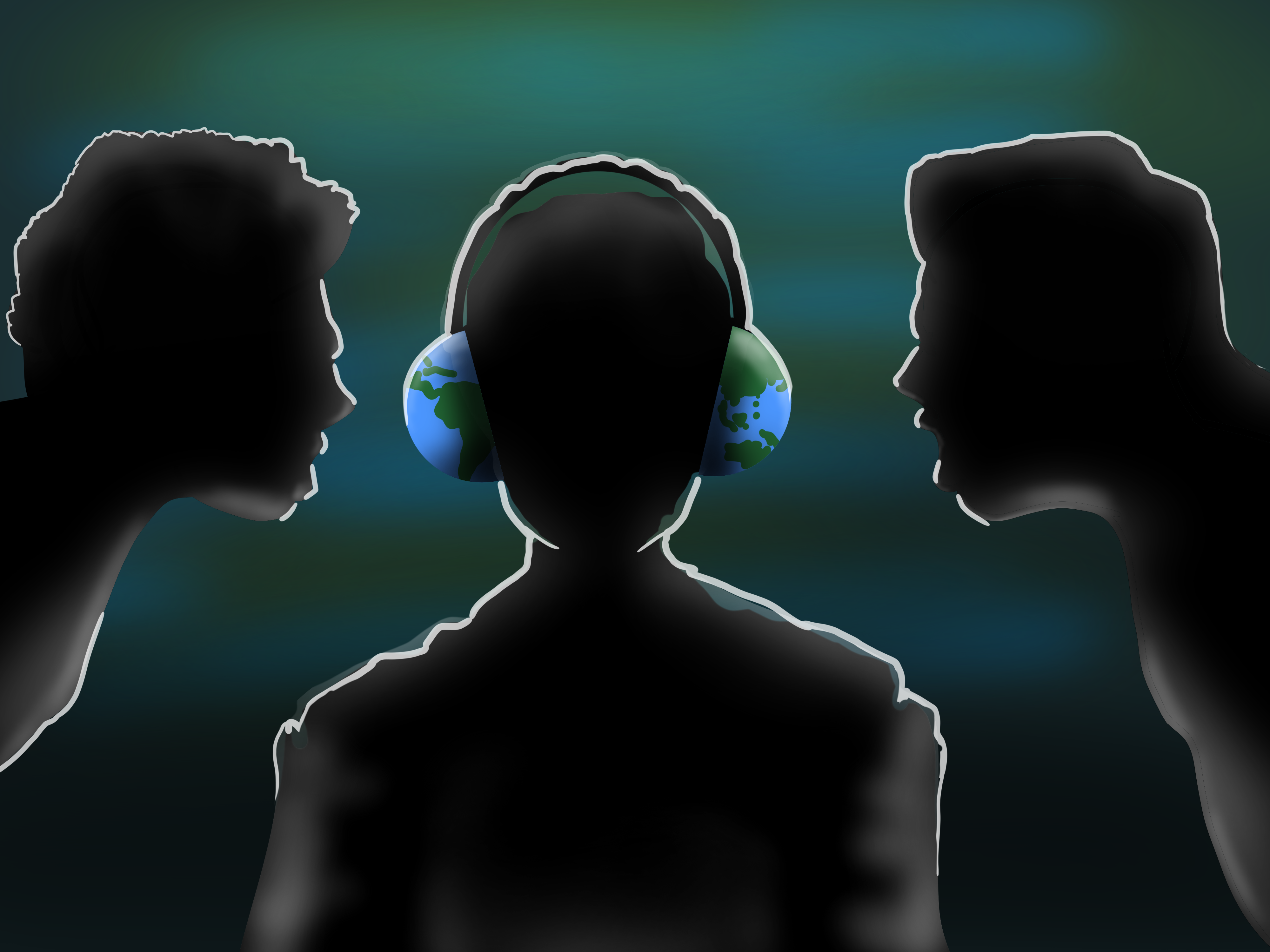This November, at the 27th United Nations Climate Change Conference (COP27) in Sharm El-Sheikh, Egypt, leaders from around the world are gathering to build on previous climate agreements and accelerate collective action towards addressing the global threat of climate change. The decision to hold the conference in Egypt demonstrates a renewed commitment to moving away from Western-dominated conversations on climate change, but also raises questions about accessibility and representation at an individual and civil-societal level.
These questions are especially relevant in the context of Egypt’s high production of and reliance on natural gas and Egypt’s President, Abdel Fattah el-Sisi’s poor record on human rights. Together, these conditions raise concerns about how COP27 will accommodate stakeholders at all levels and uphold its commitment to inclusion and transparency.
A key goal of last year’s COP26—held in Glasgow, Scotland— was to recognize the collective threat of climate change to the enjoyment of basic human rights, specifically rights to security and subsistence. However, many activists, students, and civil society leaders were barred from high-level discussions due to the hierarchical and bureaucratic structure of the conference.
Abbey Krulik, a student at Indiana University (IU), had the opportunity to travel with IU’s delegation as an official observer; however, she found that there was a lack of transparency between negotiations occurring behind closed doors and what observers were able to see and participate in. Further, Krulik shared that although efforts were made to include previously underrepresented groups, such as youth and Indigenous populations, many felt that they were not there to meaningfully participate but help the COP check diversity requirements.
In response to past criticisms about the inaccessibility of the conference for young people, COP27 has dedicated a specific pavilion to children and youth that will be located within the zone where the UN hosts global negotiations. Representatives from the COP27 Youth Envoy promise this space will provide youth with a platform for discussion and policy briefings. However, it is unclear whether creating more dedicated spaces will bridge the divide between elite politicians and youth or further isolate the ideas and conversations shared amongst young people.
Another access issue that arose at COP26 was that many stakeholders were not even able to get inside the door due limited invite lists. As a result, much of the activism and support for environmental protection as a human right occurred on the streets of Glasgow where Scottish citizens, students, and prominent climate activists, including Greta Thunberg, protested to demand collective action on climate change and criticized the conference for becoming “a PR event.”
COP27 has been tasked with overcoming past criticisms while also dealing with new challenges that are arising inside a country with high levels of censorship and repression. According to Human Rights Watch’s (HRW) World 2022 Report, despite Egypt’s efforts to create an impression of respect for human rights in the international sphere, the country continues to repress activism and regime dissent through the arbitary arrests, torture, and extrajudicial killings of human rights activists, journalists, and ordinary citizens.
In response to concerns from the global community, Wael Aboulmagd, Egypt’s special representative for COP27, has promised that civil society will be represented at the conference. However, with the conference’s focus on major power relations (i.e. Russia and the US), the healthy protests and activism that have characterized past COPs, will not look the same. Leading up to the conference, signs of repression were already visible; in the last week of October, Indian climate activist, Ajit Rajagopal, who planned an eight day walk from Cairo to Sharm El-Sheikh to raise awareness about the climate crisis, was arrested by Egyptian security forces.
While structural changes and the location of COP27 in Egypt point to an opportunity to improve the accessibility of conversations on climate justice for both youth and the world’s poor, the choice to hold COP27 five hours away from Cairo not only reflects an attempt to shield the conference from popular protests and youth activism, but will also further isolate elite-level conversations from the needs of the world’s most vulnerable.
As a result, for the 23 million people living in Cairo alone, a climate conference in the Sinai peninsula is unlikely to have an impact on a population struggling to buy state subsidized bread. For the tourism industry still recovering from a drop in tourists after the Arab spring and COVID-19 pandemic, COP27 presents the opportunity to boost a struggling economy. Yet, for many Egyptians, COP27 will go unnoticed. As Egyptians around the country are plagued by pollution, food insecurity, water scarcity, leaders from around the world will enjoy the resorts and hospitality industry of Sharm El-Sheikh.
Despite continued challenges and imperfect answers, students and youth must continue to call attention to hypocrisy within UN Climate Conferences and play an active role in alerting the elites and the masses to the future impacts and the needs of those most vulnerable in our society. The inclusion of young people, in particular, is not only important for orienting discussions to future impacts, but also because young people are often the best listeners to and voices for the world’s most vulnerable populations. By isolating youth voices from elite conversations, the needs of the world’s poor and future generations continue to be brushed aside.
With no undergraduate delegation to COP27 and few course offerings in environmental studies, Georgetown students are especially isolated from both political and academic conversations on climate justice. Although distance and history may leave students feeling disaffected about the efficacy of climate conferences and their own activism, students must recognize that the effective advancement of human and environmental rights is not a task for elite level politicians alone but will rely on the ongoing interaction between activists, NGOs, and local and international institutions that pursue climate justice on both the micro and macro-scale.
For students at Georgetown looking to add their voice to efforts for climate justice, I urge you to begin at the micro-level finding opportunities to engage locally or virtually, supporting the most vulnerable in our community. Consider joining student organizations such as The Georgetown Renewable Energy and Environmental Network (GREEN) or Students Advancing Food Equity (SAFE); volunteer with local NGOs like Dreaming Out loud or FoodPrints; pursue opportunities with the new Earth Commons Institute at Georgetown; or use social media to amplify the voices of those impacted by climate change or sustainable development projects that fail to take into account vulnerable populations. Lastly, consider petitioning the Georgetown administration for an undergraduate delegation to subsequent UN Climate Conferences. Together, our efforts can help support and put pressure on politicians and elites for the protection of our collective right to the health and sustainability of our environment.







